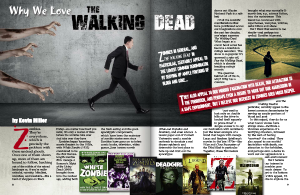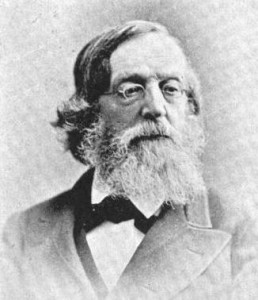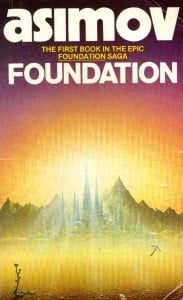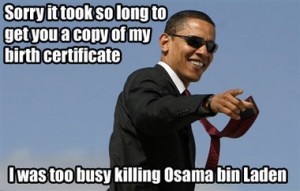Over the past few days I’ve been mining the mountain of footage we shot for Hellbound? in search of nuggets to use as special features to the DVD (which comes out on May 28, by the way, the same day we release on iTunes, Amazon, etc). In addition to extra clips from people who appeared in the film, I’m also adding segments from my interviews with Miroslav Volf, Richard Beck, Carlton Pearson, Thomas Talbott and Edward Fudge, all of whom were excellent but for one reason or another did not find their way into the final cut.
Re-experiencing these interviews has been fascinating, because in some cases I actually managed to capture some moments of personal transformation on film. It’s also been interesting to compare what I remember of these interviews with what actually happened. Which brings me to the subject of this post–Miroslav Volf’s superb book The End of Memory: Remembering Rightly in a Violent World.
Memory and its relationship to identity was central to my conversation with Volf, because what we remember, how we remember and, most importantly, why we remember plays a key role in how we perceive ourselves and others. And when it comes to post-mortem judgment, memory is also central, because what is judgment apart from a verdict pronounced upon a rendering of past events?
In The End of Memory, Volf distinguishes three primary functions of memory. First, it can be used as a sword, as an offensive weapon to accuse, convict and destroy. Memory can also be used as a shield to protect us from future harm. The phrase “Never again” comes to mind. Those who remember past injustices are less apt to repeat them. The problem is, it’s all too easy for the shield of memory to morph into a sword as we seek to pre-empt the slightest hint of threat.
That’s why Volf argues for a third function of memory–memory as a bridge. (Personally, I would have preferred him to use the term “ploughshares” in order to complete the “swords to ploughshares” analogy, but that’s beside the point.). In this instance, memory isn’t just about recalling past injustices, it’s about forgetting them as well. But not until they are acknowledged truthfully by all parties, and then forgiven. That way, neither perpetrators nor victims are forever defined by wrongdoing. Both are free to move on to the highest “end” of memory–reconciliation.
This is picture is as challenging as it is beautiful. I mention it here because I think it neatly forges a path between cheap grace and draconian theories of justice, two caricatures that often derail discussions of “end things.”











